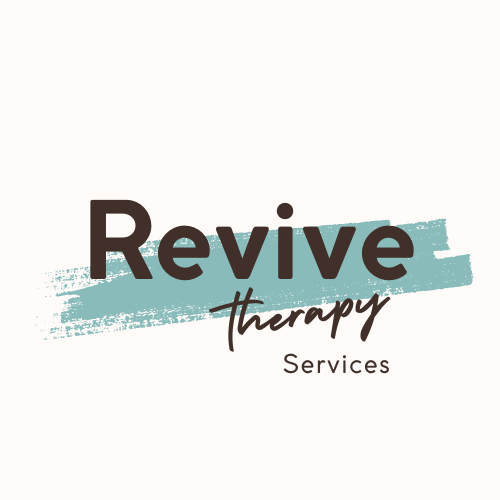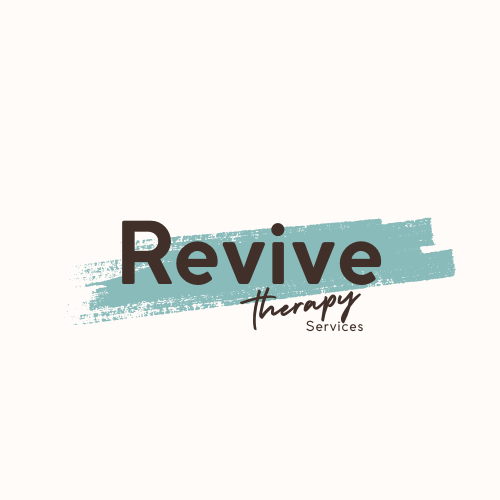EMDR Therapy is Not a Quick Fix For Trauma. Here’s Why.
So here’s the thing. EMDR, or eye movement desensitization and reprocessing (try saying that 3x fast), has become more popular over the past couple of years in regard to trauma therapy. It has shown its effectiveness in specifically treating PTSD. However, you can use EMDR for a multitude of other issues such as complex trauma, eating disorders, body image issues, binge eating, developmental trauma, or attachment issues. I’m not going to get into the details about what EMDR specifically is today, but if you want to know more about it, look no further than here.
EMDR Therapy is Concrete…But What Does That Mean?
One thing that can be extremely alluring about EMDR is that it’s more concrete than other therapies. When seeing a trained EMDR therapist, they will walk you through the 8 phases of EMDR in a very specific and methodical manner. Other therapies such as psychodynamic, relational, IFS, or CBT can be more abstract in the sense that there isn’t really an outline of how to use these therapies in specific ways. I think the fact that EMDR does feel more concrete and outlined can be a source of relief for many.
Since EMDR Therapy Is More Concrete…
Because EMDR is more specific and concrete it can lead to assumptions that once you complete EMDR on the issue you are working on, you will never struggle with that issue or trauma ever again. It feels like for many, EMDR is a quick fix for the issues in their life that feel overwhelmingly distressing. Don’t get me wrong now, EMDR can really help with reducing the distress you feel around certain things, but it’s way bigger than just that.
You may not be ready.
Yikes! No one wants to hear those words “you’re not ready.” The first things that may come up for you after hearing this are “well why the hell not?” or “something is wrong with me if other people can do EMDR and I can’t.” I want you to pause right there, take a deep breath in for 4 seconds, hold, and release for 4 seconds. If I could look you straight in the eye while saying what I’m about to say, I would. First off nothing is wrong with you. Not being ready for EMDR doesn’t say anything about your character or identity. Heck, as an EMDR therapist who’s been through EMDR, there was one point where I just wasn’t ready to fully engage and do the work with EMDR. Now why you might not be ready varies (if you want to know more about this you should read this blog post.)
EMDR is difficult to work.
EMDR Therapy isn’t just showing up to therapy, doing some eye movements or tapping, and then everything is fixed. When you are fully doing EMDR, it really does bring on a multitude of emotions, thoughts, and physical sensations you may have never been able to fully experience before. Now if your therapist is trained properly, they will be there to make sure you’re not flooded with emotions. However, it is intense work. The process of EMDR doesn’t just stop when the session is over either. Your brain will continue to reprocess things for days, weeks, and months to come. Some things to expect after an EMDR session are you may find your emotions feel a little bit more out of whack, you may have specific dreams, and your energy levels may feel depleted.
It takes time.
Like most therapies, EMDR can take a bit of time to complete. For people who are wanting EMDR therapy to treat a specific traumatic event (like being in a car accident), it actually may take less time than someone who is wanting to use EMDR to treat their eating disorder or relationship trauma. This is for a multitude of reasons but it essentially boils down to the fact that complex trauma is just that, complex. However, your brain will process whatever trauma you're working on at the pace it wants to. I’ve had people where it has only taken 1 session to work through a traumatic memory and others where it has taken 6 sessions…and this is just for one memory (There are typically at least 4-5 memories to be processed when doing EMDR).
‘
Begin EMDR Therapy in Pennsylvania!
I know you want to do your best in supporting your loved one with mental illness. You are not alone in that. Hopefully, these tips can help you but also know there is only so much you can do on your own. If you want help, you can work with Revive Therapy in Pennsylvania. Your online therapist, Hannah, Guy is here to walk alongside you. When you’re ready to get started, follow these simple steps:
Meet your online therapist, Hannah Guy
Begin supporting your loved one in a sustainable and realistic way.
Other Services at Revive Therapy
Getting therapy support is perfectly OK! You deserve a space to talk through life events that may be holding you back. Whether this is your first time in therapy or you’ve been here before, I am here to help you process, work through, and move toward your goals in a healthy and sustainable way. If you’re looking for other services at Revive Therapy in Pennsylvania, I offer other services. This includes binge eating treatment, PTSD treatment and trauma therapy, body image issues, binge eating, and more. I offer support with EMDR therapy if you’re in need of more specialized support. Additionally, all services are offered via online therapy in Pennsylvania. When you’re ready for support. Call now!




